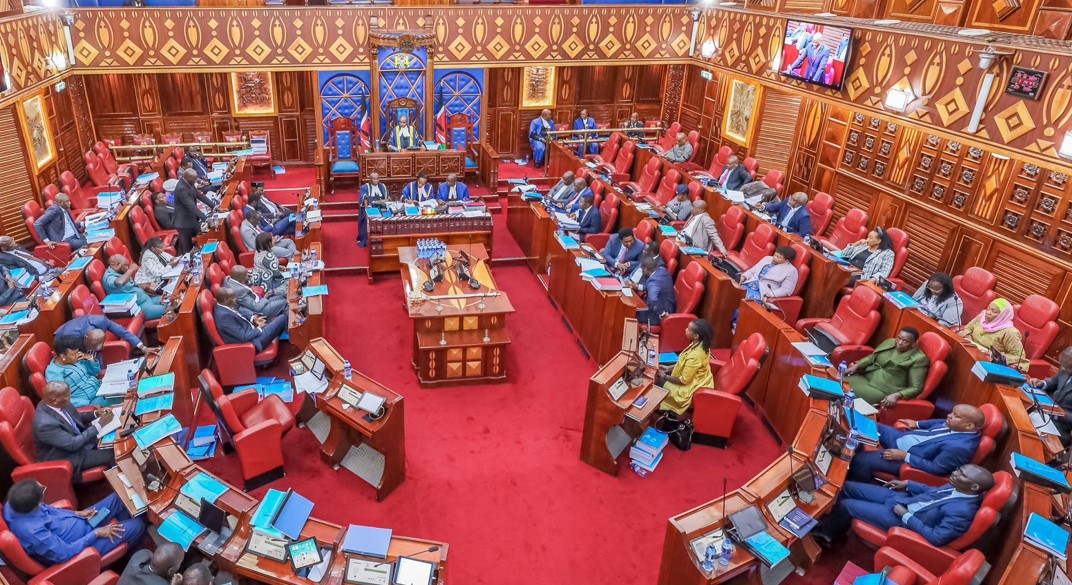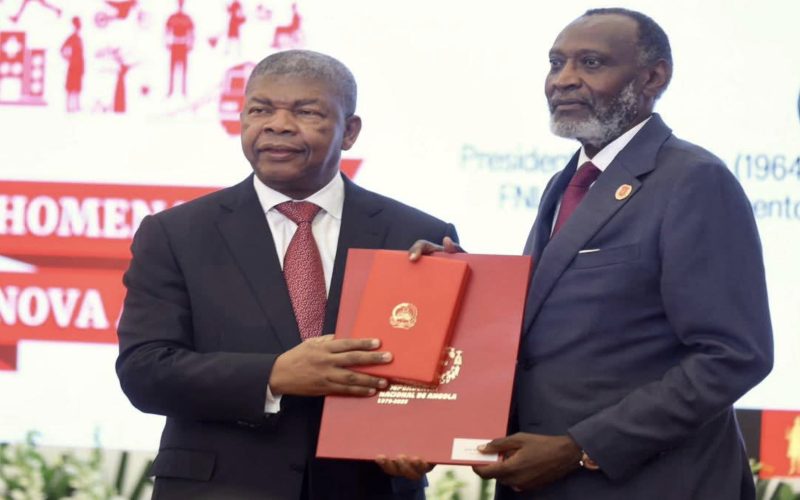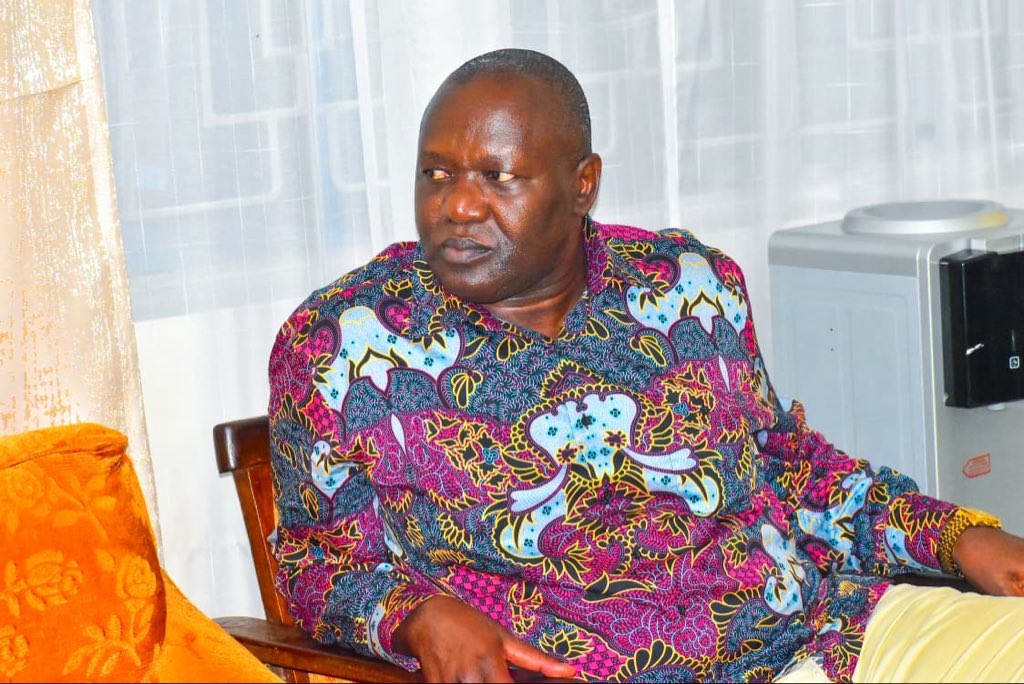Government revokes licences of tea exporter accused of irregular trade with Iran

The Ministry cited the company’s involvement in trade irregularities that have negatively affected Kenya’s tea exports to the Iranian market.
The government has cancelled the licenses of a Kenyan tea exporting company accused of engaging in questionable trade activities with Iran.
In a directive from Agriculture Principal Secretary Kipronoh Ronoh, the Tea Board of Kenya was instructed to withdraw all trading licenses issued to the firm and its affiliates.
More To Read
- Government targets illegal seed dealers in bold move to safeguard farmers from counterfeits
- Court orders detention of six Iranians in Sh8.2 billion narcotics case
- CS Kagwe says Kenya imports five billion eggs annually, urges farmers to boost local production
- Why farmers are not taking up loans for scaling up- experts
- Tanzania’s green gold rush: How avocado waste is hurting farmers and what should be done
- AI in Africa: Five issues that must be tackled for digital equality
The Ministry cited the company’s involvement in trade irregularities that have negatively affected Kenya’s tea exports to the Iranian market.
“The Ministry is aware of trade irregularities conducted between Kenya and Iran by a local company, which has led to the cancellation of tea trade between the two countries,” reads a letter addressed to the Tea Board of Kenya CEO, Willy Mutai.
Given the scale of the impact, including the loss of a key export market, the government has called for the immediate termination of the company’s trading rights.
"We are directing that your institution cancel with immediate effect the tea trade licenses for the local company and its associates.”
Iran’s suspension of tea imports from Kenya reportedly stems from contractual and compliance concerns involving the company at the centre of the allegations.
PS Ronoh said the cancellation is part of broader reforms intended to promote transparency and accountability in the sector. He noted that both Iran and Oman are vital markets for Kenyan tea, and protecting these trade relationships is a priority.
“This decision is part of ongoing efforts to bring sanity and discipline to the tea industry,” Ronoh stated.
The communication was also copied to Agriculture Cabinet Secretary Mutahi Kagwe and East African Tea Trade Association Managing Director George Omuga.
The company at the centre of the directive is a Kenyan-based exporter that sources premium tea varieties, including both CTC and orthodox types, directly from local estates. It regularly participates in the Mombasa Tea Auction and trades popular grades such as BP1, PF1, Dust, and Orthodox OP1.
Top Stories Today











































